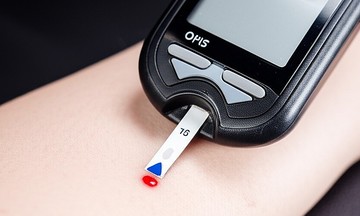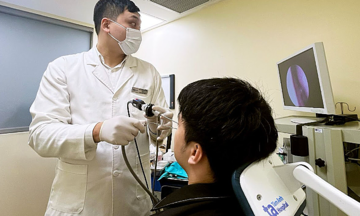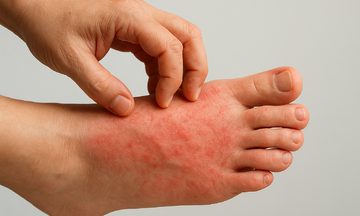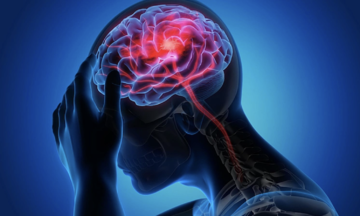Zinc is an essential mineral that helps the male body produce and regulate testosterone. Doctor Doan Vinh Binh, from the Medical Information Center at Tam Anh General Hospital in Ho Chi Minh City, explains that zinc deficiency disrupts cell-mediated immune function, making the body more susceptible to recurrent infections and slower recovery. Insufficient zinc intake also reduces testosterone production, impacting men's health. If this condition persists, it can lead to a serious decline in overall health.
Zinc plays a crucial role in the production and regulation of testosterone, the primary hormone determining men's sexual health. Testosterone directly influences libido, muscle development, and maintaining strong bones. Zinc deficiency causes a decrease in testosterone levels and sexual function.
The body's inability to produce sufficient testosterone due to zinc deficiency leads to reduced libido and difficulty maintaining arousal, contributing to erectile dysfunction. Testosterone also participates in the production of nitric oxide, a molecule that helps dilate blood vessels in the penis, facilitating blood flow.
Zinc deficiency can reduce the quantity, quality, motility, and normal morphology of sperm. This can impair fertility and negatively affect men's reproductive function.
 |
Oysters are rich in zinc, supporting men's sexual health. Photo: Dinh Dieu |
Doctor Binh recommends that men seek medical consultation for accurate diagnosis and assessment if they experience signs of declining sexual health and overall well-being. He advises men to consume 11 mg of zinc daily from zinc-rich foods like meat, seafood, nuts, and whole grains. Regularly supplementing with natural extracts such as eurycoma longifolia, French maritime pine bark extract, and oyster extract can stimulate the body to increase endogenous testosterone and nitric oxide production, thereby improving men's sexual health.
Dinh Dieu
| Readers can submit their nutrition-related questions here for doctors to answer. |












